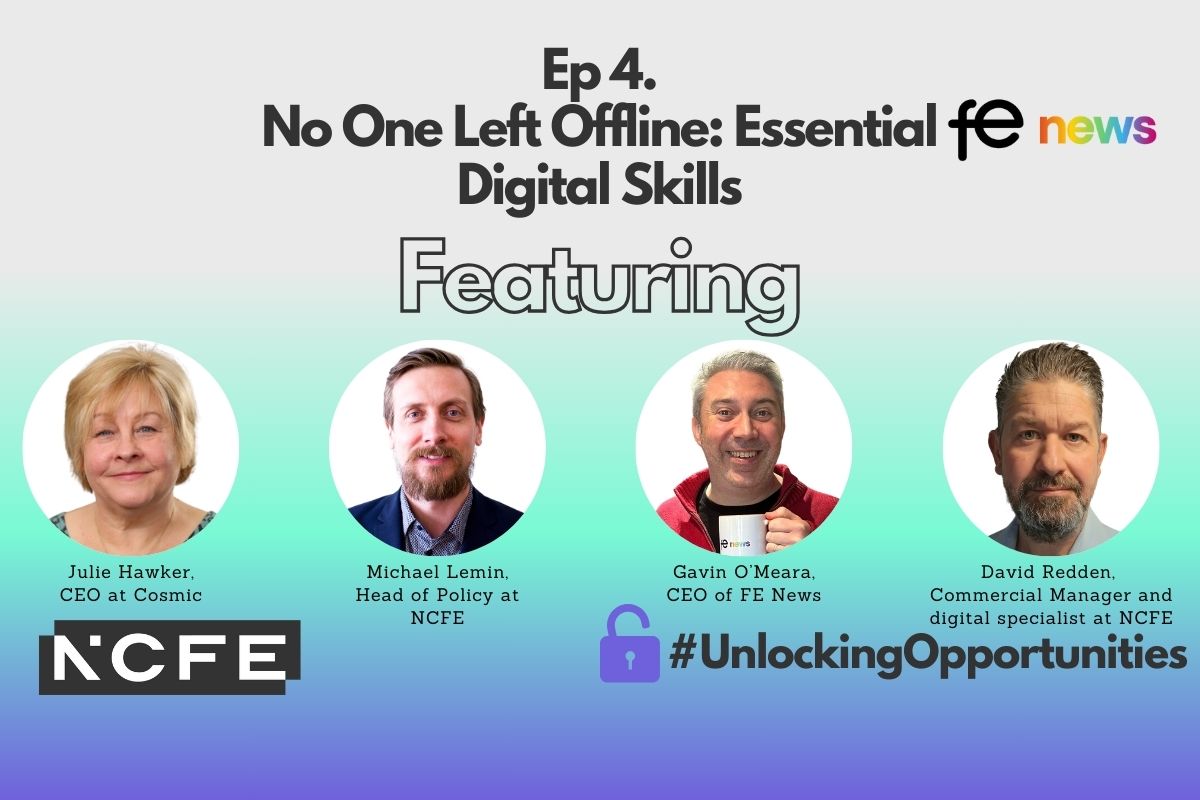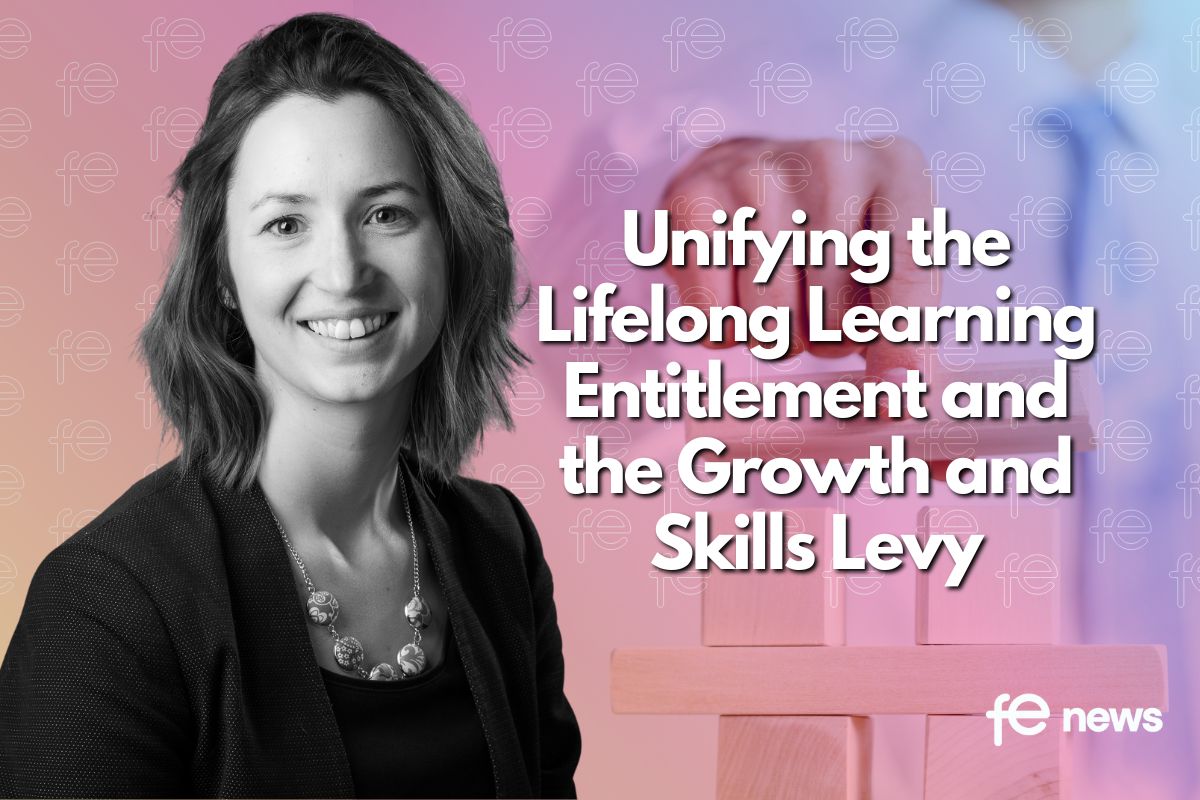‘Virtual’ work experience has been a lifeline for students

Faced with office closures and staff working from home, the @EY_Foundation had to quickly adapt its programme of face to face work experience following the pandemic.
‘Virtual’ work experience including an online ‘Dragon’s Den’ has been a lifeline for students hardest hit by the Covid-19 lockdown.
The charity helps young people from low income backgrounds into work, and for many, the chance to spend a week with companies like digital software pioneers Blue Prism makes a huge difference to their life chances.
Daniel is a Year 12 student at UTC Warrington working towards a level 3 extended diploma in engineering.
‘It gave us the chance to use tools like ‘Teams’ and virtual chats which has made me more confident about using them in real life. In addition to digital skills, we also learned presentation skills. I had been quite nervous about being tested in a job assessment centre, but doing tasks for Blue Prism has made me feel much more confident.’
Maryanne Matthews is Chief Executive of the EY Foundation:
‘Young people from low income backgrounds are already disproportionately disadvantaged by the impact of Covid-19. Our survey of young people we’ve worked with at the height of lockdown showed 46% of respondents said they were most concerned about the impact on their exams and schooling, with many mentioning their worries about exam grades.
‘In addition, 22% of young people were worried about their work experience placements and extra-curricular opportunities being cancelled following a lot of hard work put into applications, and the knock-on effects of this on personal statements.’
‘The work experience is still paid and still contributes to accreditation and the virtual nature of it actually widens their opportunities as it gives them access to employers who are not in their area. The programme is hugely valuable to them and we had to make sure they didn’t miss out on any further opportunities.’
‘Dragon’s Den’
|
A memorable event for many was the ‘Dragon’s Den’ style pitch of their creative business solutions to a panel of industry experts, including Blue Prism Founder Alastair Bathgate. ‘We’ve been impressed by the quality of the participants to the programme. It’s been a huge change for many adults to adapt to remote working and having to undertake work experience virtually certainly presented its own challenges. But the young people who came to Blue Prism showed exceptional commitment and flexibility.’ Tasks included designing and delivering a presentation, problem solving, teamwork and assessment. Participants complete a Level 2 Award in Team Leading accredited through the Chartered Management Institute. They will also be mentored over the next 10 months, setting goals in relation to academic, personal and career development. Felicity, 17, came to the UK in 2016 from the Philippines. In addition to a promising career as a basketball player, she’s studying maths, economics and physics, and joined Blue Prism in London. ‘I was shaking when I had to do my individual presentation, even though I’ve had experience speaking on my school council and as a prefect, this was new to me and there were professionals judging me! The programme boosted my confidence a lot. Even though it was virtual, we still worked together as a team.’
|
Employers urged to help
EY Foundation Chief Executive Maryanne Matthews added:
‘Employers also gain a tremendous amount from their staff volunteering to support our young people. If you are an employer, young person or charity who would like to get involved, please get in touch, it would be great to hear from you.’
The virtual work experience Smart Futures programme exists across London, Birmingham, Manchester, Newcastle, Leeds and Luton, with over 200 young people participating this year.
To further develop the virtual work experience approach, the EY Foundation is working with the Learning & Work Institute to carry out a study over the next 12 months to assess the impact of moving to digital delivery, with emerging findings expected in mid-September 2020.











Responses